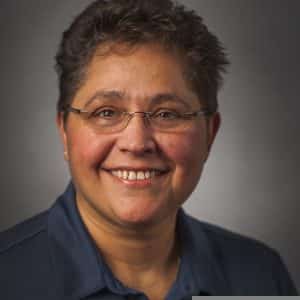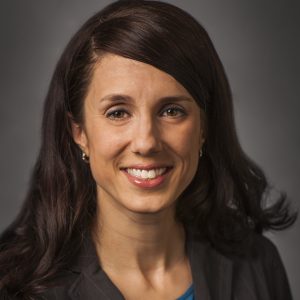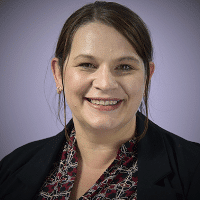Research on the Long-term Impacts of Investing in Parenting
Rauner and Heckman spoke at length about his research and the importance of investing in parents. While we typically think of education as programs that are delivered directly to a child, Rauner noted that programs such as prenatal services, universal newborn supports and home visits should be considered education initiatives given their profound connection to children’s education outcomes.
The discussion also touched on how increased parental engagement is one of the most interesting findings of the Perry Preschool Project. In addition to being more likely to be employed, have completed more education and to have stayed married, the Perry participants turned out to be better parents. In an upcoming study of Perry participants through age 55, Heckman shared that he expects to see returns on investment of more than 10 percent, given the additional health benefits and impacts on the children of participants.
Parental Support During the COVID-19 Pandemic
Turning the conversation to the present, Rauner and Heckman discussed our nation’s current circumstances and the tremendous stress families are under, especially those living in communities that are under-resourced. Rauner noted that the most important supports for families during the COVID-19 pandemic have been to support family functioning — helping parents be able to be emotionally present and reducing the level of trauma and stress in the home existing from issues like food or housing insecurity.
The discussion also touched on how technology can be used to help coach parents, including virtual cohort groups and telehealth home visits that provide a lifeline of community and mental health supports for parents who might otherwise be completely isolated.
Emerging Measures to Evaluate Readiness and Social and Emotional Skills
As early childhood development continues to evolve, particularly in response to the current environment, one key question is how to effectively measure readiness and incorporate social and emotional skills into every stage of assessment. Heckman shared that grades are often used to measure knowledge and cognition, but social and emotional skills have a significant impact on children’s grades — as evidenced by his findings of Perry Preschool participants who had improved grades because they were more engaged in school. In addition to broadening how we evaluate children’s progress, Heckman emphasized the importance of longitudinal studies, given their unique ability to demonstrate the long-term impact of early childhood interventions. The discussion concluded with the importance of continued collaboration among economists, early childhood education researchers, investors, philanthropists and psychologists to continue advancing the field.







